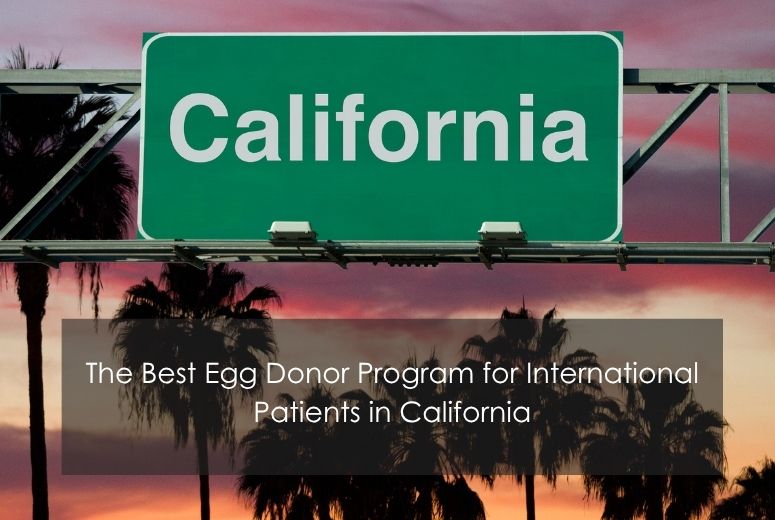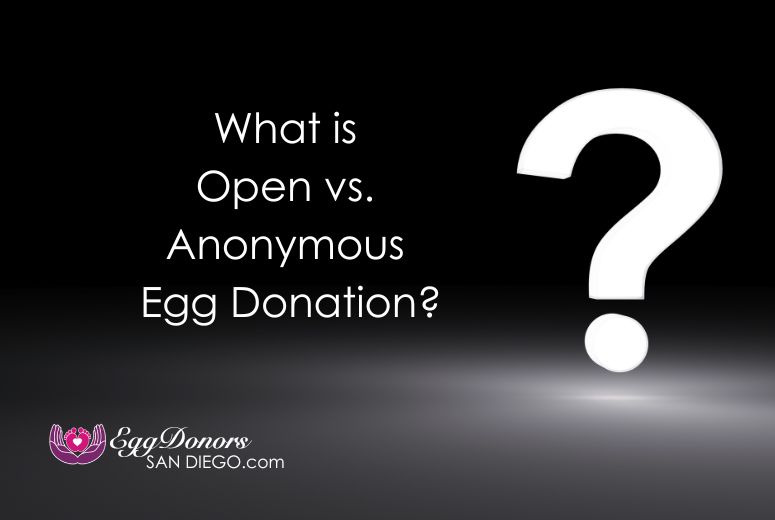Egg donation is a generous and impactful gift that provides hope to individuals and couples struggling with infertility. At our San Diego egg donation program, we are frequently asked, “How many times can I donate my eggs?” This is a crucial question for potential donors who want to understand the limits and implications of repeated donations.
Let’s delve into the medical, ethical, and practical aspects of egg donation frequency to ensure donors are well-informed about this life-changing process.
The Basics of Egg Donation
Egg donation involves a donor providing her eggs to help intended parents conceive. The process includes several steps: initial screenings, hormonal stimulation, and egg retrieval. Each cycle is meticulously monitored to ensure the donor’s health and the quality of the eggs.
Medical Guidelines for Egg Donation Frequency
Medical guidelines recommend that women donate eggs no more than six times in their lifetime. This recommendation stems from research and expert consensus aimed at protecting the donor’s health and well-being.
Dr. Minoos Hosseinzadeh, the lead medical director at the Fertility Institute of San Diego, states, “Our priority is the safety and health of our donors. We follow strict guidelines to ensure that the egg donation process does not adversely impact their long-term health.”
Why the Limit? Understanding the Risks
There are several reasons for this limit:
- Ovarian Hyperstimulation Syndrome (OHSS): This is a condition that can occur when the ovaries are overstimulated by fertility medications. While rare, it can be severe. Limiting the number of donation cycles reduces this risk.
- Surgical Risks: Each egg retrieval procedure involves a minor surgical process that carries inherent risks, including infection, bleeding, and damage to surrounding organs.
- Long-Term Health: The long-term impact of repeated egg donations is still being studied. By limiting the number of cycles, medical professionals aim to minimize any potential long-term health risks.
The Process Between Donations
After a donation cycle, it’s crucial for donors to take a break to allow their bodies to recover. Typically, a waiting period of at least two to three months is recommended between donation cycles. This break ensures the donor’s body returns to its natural hormonal balance and reduces the risk of complications from repeated stimulation.
Psychological Considerations
Egg donation is not just a physical process; it also involves significant emotional and psychological components. Donors may experience a range of emotions throughout the donation cycle. Counseling and psychological support are essential to help donors navigate these feelings.
Dr. Hosseinzadeh emphasizes, “We provide comprehensive psychological support to our donors. Ensuring they are emotionally prepared for the donation process is just as important as their physical health.”
Legal and Ethical Considerations
Legal and ethical guidelines also play a role in limiting the number of donations. These guidelines help maintain the integrity of the egg donation process and protect both donors and intended parents.
In California, for example, the American Society for Reproductive Medicine (ASRM) guidelines are followed, which recommend no more than six donations in a lifetime. These guidelines help prevent any potential legal implications related to donor anonymity and the rights of the donor-conceived children.
Donor Health and Safety First
At our San Diego egg donation program, the health and safety of our donors are paramount. We follow rigorous screening protocols before each donation cycle to ensure donors are in optimal health. This includes medical examinations, psychological assessments, and thorough consultations.
ASRM Guidelines
ASRM Egg Donor Guidelines recommends women shouldn’t donate eggs more than six times. This is because the medications used to stimulate egg production can have some risks.
Here’s a breakdown of those risks:
● Ovarian Hyperstimulation Syndrome (OHSS): This is a serious but rare condition where the ovaries become overstimulated. The chance of getting this from one donation cycle is around 1-2%.
● Other complications: There’s also a small chance (less than 0.5%) of other problems like infection or bleeding during the egg retrieval procedure.
If someone donates eggs six times, the overall risk of these problems goes up to around 8-13%. It’s important to keep this risk low for the donor’s health.
Some women who donate eggs may want to have children themselves later. Limiting donations to six cycles helps ensure they have a good chance of getting pregnant with their own eggs.
Egg Donation in San Diego: A Rewarding Experience
San Diego is home to one of the most respected egg donation programs in California. Our comprehensive approach at FISD ensures that donors receive the highest standard of care. The city’s vibrant community and top-tier medical facilities make it an ideal place for both donors and intended parents.
Becoming an Egg Donor
If you’re considering becoming an egg donor, it’s important to understand the commitment and the profound impact you can have. Our San Diego egg donor program offers extensive support, from the initial screening through the donation and recovery process. We ensure that donors are well-informed, supported, and appreciated for their invaluable contribution.
Understanding how many times you can safely donate your eggs is essential for making an informed decision. The limit of six donations is set to protect your health and well-being, ensuring that you can continue to lead a healthy life after your generous contributions.
At our San Diego egg donation program, we prioritize your health, provide extensive support, and adhere to the highest ethical standards. If you’re interested in becoming an egg donor, we invite you to join our program and make a lasting impact.
If you’re interested in becoming an egg donor, click here.
If you are an intended parent and would like to review our egg donor database, click here.









